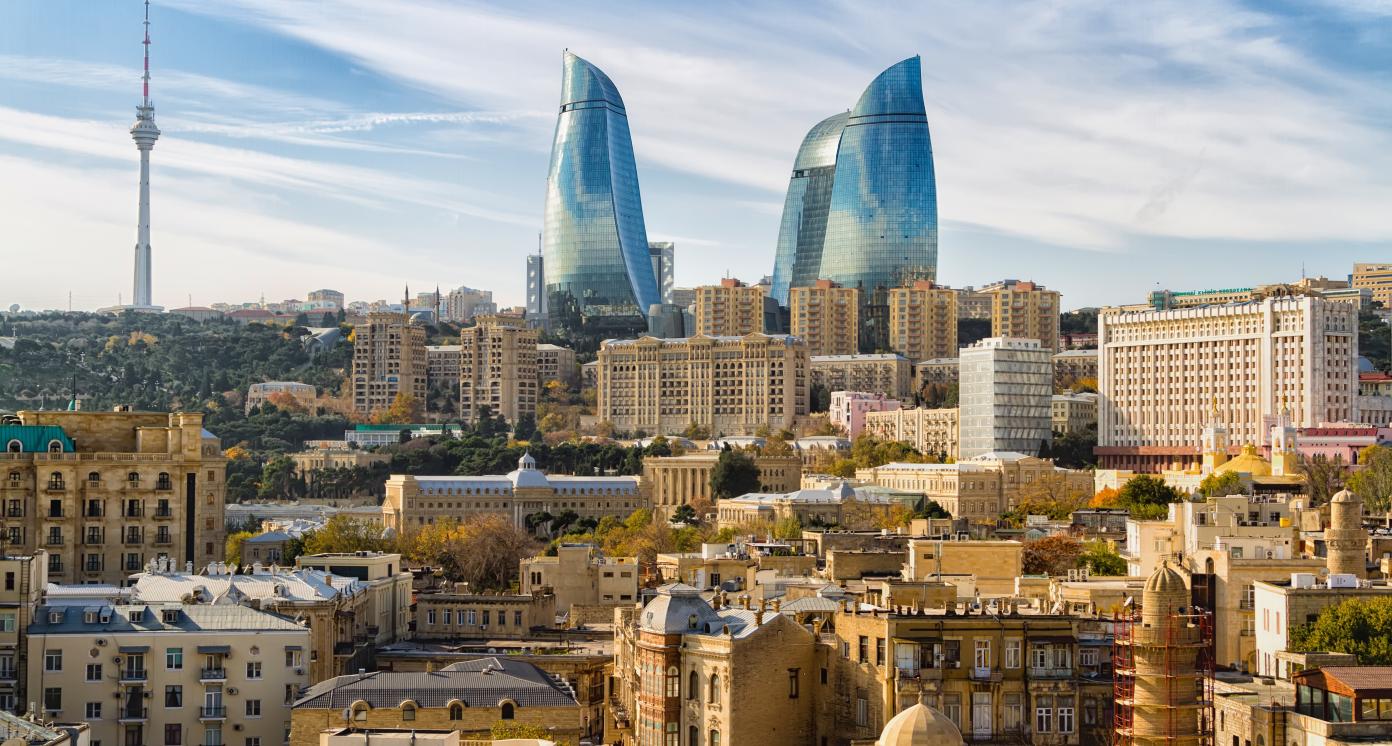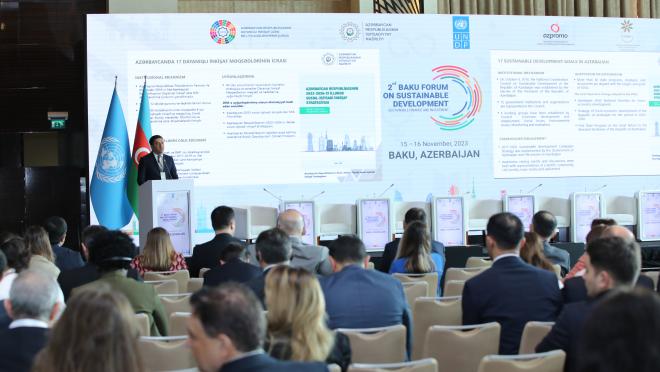Supported by stable oil production and a modest acceleration in domestic demand, real GDP expanded by 1.4 percent in 2018. While oil production plateaued, the hydrocarbons sector overall posted growth of 1.1 percent, thanks to higher exports of natural gas. The non-energy economy expanded by 1.8 percent, reflecting greater dynamism in most economic sectors. Consumer price inflation decelerated sharply in 2018, falling to 1.6 percent from 7.9 percent in 2017.
Since the presidential election in April 2018, the Government of Azerbaijan has undergone significant changes. These include the nomination of a new prime minister and the appointment of several key ministers in charge of education, tax reforms, agriculture and rural development, the environment, and energy. The new Government has been tasked with continuing the reforms in key sectors to recover economic growth. Since economic prospects will largely rely on rising gas exports, the projected acceleration in growth in the medium term will be temporary.
The country needs reforms to boost private sector investment, reduce the state footprint, tackle issues of competitiveness, and develop human capital. The notable increases in the 2019 budget allocations for education (up by 13 percent) and health care (by 44.5 percent) are important in terms of improving human capital. But further efforts are needed to align budget spending with development needs, including through strengthening medium-term budgeting and the public investment management system.
10
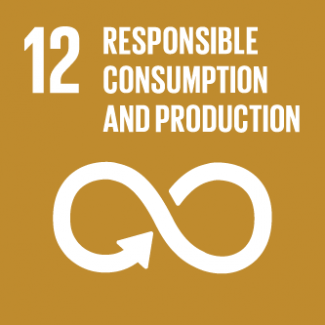
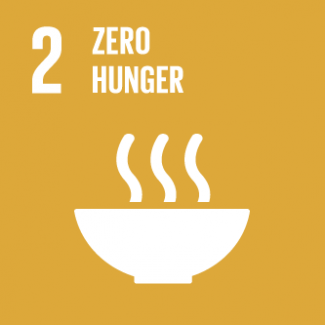
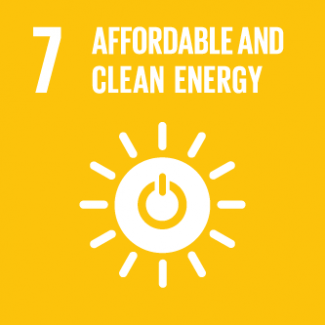
Infrastructure, Food and Beverage, Renewable Resources and Alternative Energy
0.745
How is this information gathered?
SDG Investor Maps employ an 8-step methodology, combining data research and stakeholder consultations to identify Investment Opportunity Areas (IOAs) and potential business models with significant financial and impact potential.
Disclaimer
UNDP, the Private Finance for the SDGs, and their affiliates (collectively “UNDP”) do not seek or solicit investment for programmes, projects, or opportunities described on this site (collectively “Programmes”) or any other Programmes, and nothing on this page should constitute a solicitation for investment. The actors listed on this site are not partners of UNDP, and their inclusion should not be construed as an endorsement or recommendation by UNDP for any relationship or investment.
The descriptions on this page are provided for informational purposes only. Only companies and enterprises that appear under the case study tab have been validated and vetted through UNDP programmes such as the Growth Stage Impact Ventures (GSIV), Business Call to Action (BCtA), or through other UN agencies. Even then, under no circumstances should their appearance on this website be construed as an endorsement for any relationship or investment. UNDP assumes no liability for investment losses directly or indirectly resulting from recommendations made, implied, or inferred by its research. Likewise, UNDP assumes no claim to investment gains directly or indirectly resulting from trading profits, investment management, or advisory fees obtained by following investment recommendations made, implied, or inferred by its research.
Investment involves risk, and all investments should be made with the supervision of a professional investment manager or advisor. The materials on the website are not an offer to sell or a solicitation of an offer to buy any investment, security, or commodity, nor shall any security be offered or sold to any person, in any jurisdiction in which such offer would be unlawful under the securities laws of such jurisdiction.















